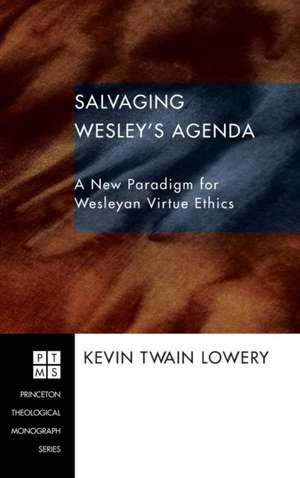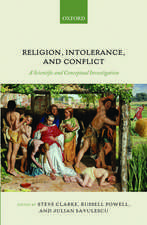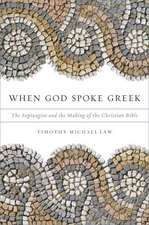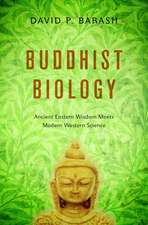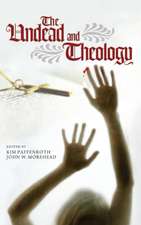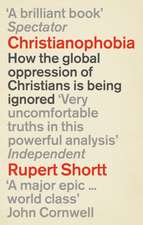Salvaging Wesley's Agenda
Autor Kevin Twain Loweryen Limba Engleză Hardback – 14 mar 2008
| Toate formatele și edițiile | Preț | Express |
|---|---|---|
| Paperback (1) | 285.56 lei 6-8 săpt. | |
| Pickwick Publications – 29 feb 2008 | 285.56 lei 6-8 săpt. | |
| Hardback (1) | 420.63 lei 6-8 săpt. | |
| Pickwick Publications – 14 mar 2008 | 420.63 lei 6-8 săpt. |
Preț: 420.63 lei
Preț vechi: 457.21 lei
-8% Nou
Puncte Express: 631
Preț estimativ în valută:
80.49€ • 84.64$ • 66.51£
80.49€ • 84.64$ • 66.51£
Carte tipărită la comandă
Livrare economică 16-30 aprilie
Preluare comenzi: 021 569.72.76
Specificații
ISBN-13: 9781498249744
ISBN-10: 1498249744
Pagini: 350
Dimensiuni: 152 x 229 x 21 mm
Greutate: 0.64 kg
Editura: Pickwick Publications
ISBN-10: 1498249744
Pagini: 350
Dimensiuni: 152 x 229 x 21 mm
Greutate: 0.64 kg
Editura: Pickwick Publications
Notă biografică
Kevin Twain Lowery is an associate professor at Olivet Nazarene University, where he teaches theology and philosophy. His academic specializations and interests include moral philosophy, Enlightenment thought, and the interaction of ethics with science and religion. He is the author of The Maturity of Belief: Making Religion More Intellectually Sound.
